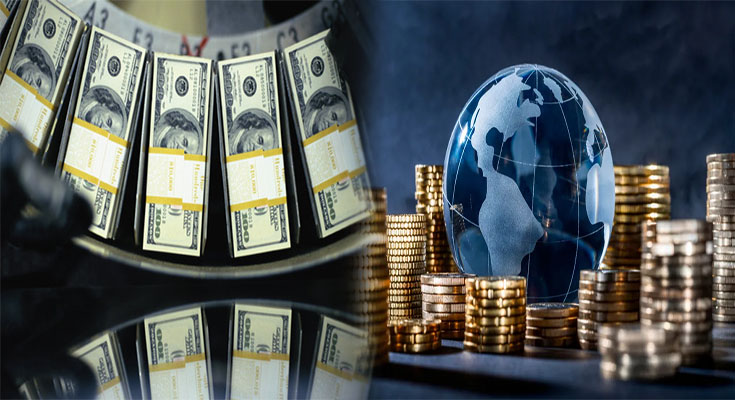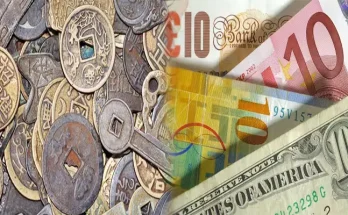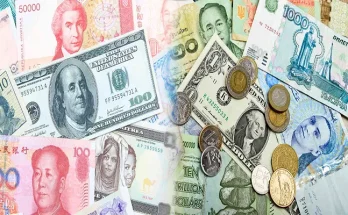Money plays a crucial role in our everyday lives, serving various functions that enable economic transactions and facilitate the exchange of goods and services. One essential function of money is its role as a unit of account, providing a standardized measure of value. In this article, we will explore the functions of money, with a focus on its role as a unit of account.
What is a Unit of Account?
A unit of account is a standardized measure that allows us to assign value to goods, services, and assets in a consistent and universally understandable way. It serves as a common denominator for comparing the worth of different items and facilitates economic calculations and transactions.
Money as a Unit of Account:
Money serves as a unit of account by providing a common standard for measuring and comparing the value of different goods and services. Here are some key functions of money in this regard:
1. Pricing and Valuation:
- Money allows us to assign a price to goods and services, making it easier to compare their relative value. It provides a universal medium through which all items can be priced in a consistent manner.
2. Record Keeping:
- Money as a unit of account enables effective record-keeping, as it allows individuals and businesses to track financial transactions, measure profits and losses, and maintain accurate financial statements. This becomes essential for budgeting, tax calculations, and financial planning.
3. Contracts and Legal Obligations:
- Money serves as a basis for creating legally binding contracts by providing clarity on the value of goods, services, and financial obligations. It ensures that parties involved in a transaction understand the monetary terms and have a clear understanding of the value being exchanged.
4. Comparative Analysis:
- The use of money as a unit of account enables individuals and businesses to make informed decisions by conducting comparative analysis. By comparing prices, costs, and profits, individuals can make rational choices based on the value proposition offered by different alternatives.
5. Economic Stability:
- Money, as a unit of account, allows governments and central banks to measure and track economic indicators such as inflation, GDP, and debt levels. This data helps in formulating economic policies and maintaining stability in financial markets.
Money’s role as a unit of account is essential for measuring and comparing the value of goods, services, and assets. By providing a common standard of measurement, money facilitates economic transactions, allows for effective record-keeping, enables comparative analysis, and contributes to overall economic stability. As we continue to rely on money as a unit of account, it is crucial to understand its functions and appreciate its impact on our daily financial lives.





